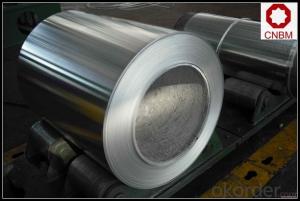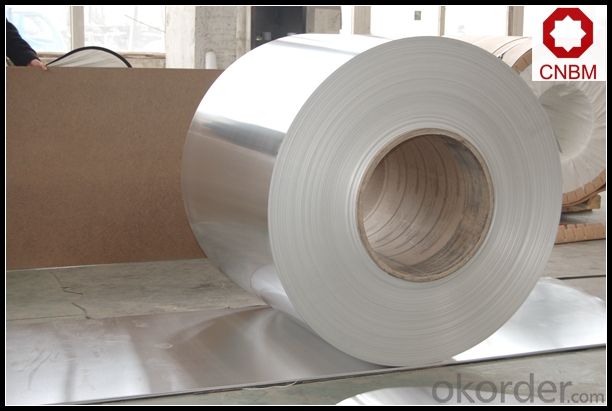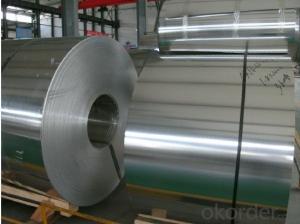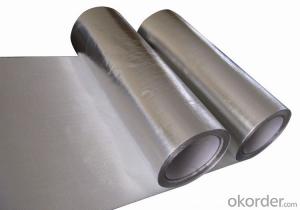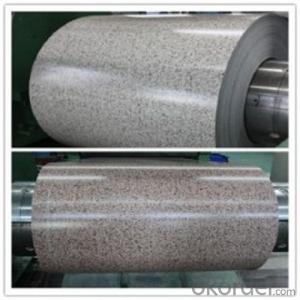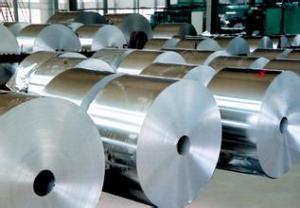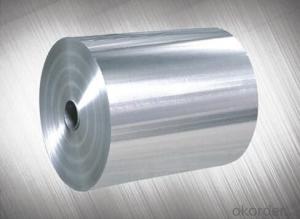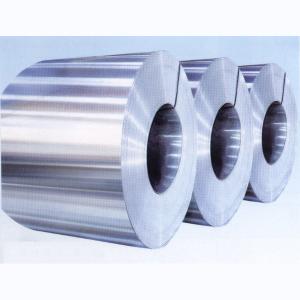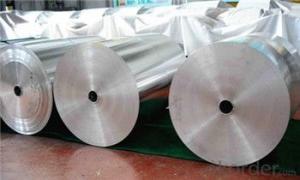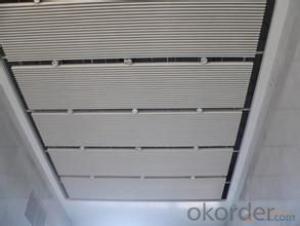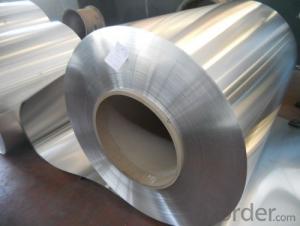8011 Aluminium Coils for HVAC Duct System - Ac Outdoor Unit Aluminum Coil Price
- Loading Port:
- Shanghai
- Payment Terms:
- TT OR LC
- Min Order Qty:
- 5 m.t.
- Supply Capability:
- 10000 m.t./month
OKorder Service Pledge
OKorder Financial Service
You Might Also Like
Specification
1. Specification of 8011 Aluminium coils for HVAC duct system
1) Alloy | 1050, 1060,1100, 3003 3004 3105 3A21 5005 5052 etc |
2) Temper | O/H12/H14/H1/H18/H32/H34/H36/H38//H111/H112/H116/H321/T6/T651/T3/T351 etc |
3) Thickness | 0.1mm to 6mm |
4) Width | 20mm to 3300mm |
5) Coil weight | 100kgs to 6 tons depends on actual requirement |
6) Core material | Aluminum or paper |
7) Coil Inner diameter | 75mm, 150mm, 200mm, 300mm, 405mm, 505mm or as required |
8) Protective film can be added
2. Application of 8011 Aluminium coils for HVAC duct system
(1).Interior: wall cladding, ceilings, bathrooms, kitchens and balconies, shutters, doors...
(2).Exterior: wall cladding, facades, roofing, canopies, tunnels,column covers , renovations...
(3).Advertisement: display platforms, signboards, fascia, shop fronts...
3. Feature of 8011 Aluminium coils for HVAC duct system
*Such coil is specially designed to replace aluminum ingot, due to the high export tax of aluminum ingot, the coil has better price than ingot.
*This type of coil can fit customer's remelting furnace just like ingot, no need to make any change to the production line that was previously used for ingot. The standard coil size and weight is very suitable for the feed gate of furnace.
*This type of coil causes less material wastage than ingot when remelted.
*Our coil is made directly from ore, no need to go though the ingot making process, quality is much better than other suppliers who use ingot scrap to make coil.
Be free from Oil Stain, Dent, Inclusion, Scratches, Stain, Oxide Dicoloration, Breaks, Corrosion, Roll Marks, Dirt Streaks and other defect which will interfere with use
4. Certificate:
SGS and ROHS(if client request, paid by client), MTC(plant provided), Certificate of Origin(FORM A, FORM E, CO), Bureau Veritas and SGS (if client request, paid by client), CIQS certificate
5. Image of 8011 Aluminium coils for HVAC duct system
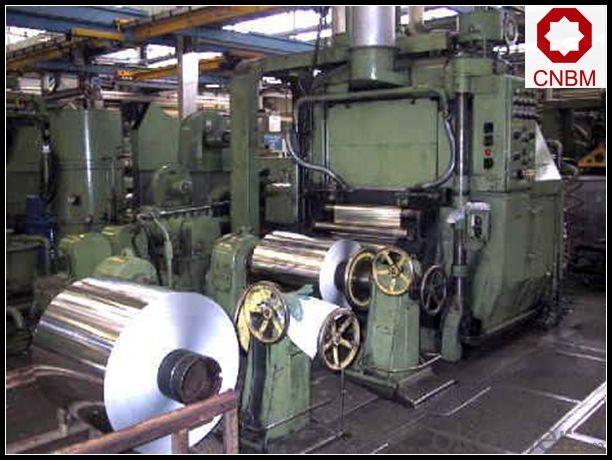
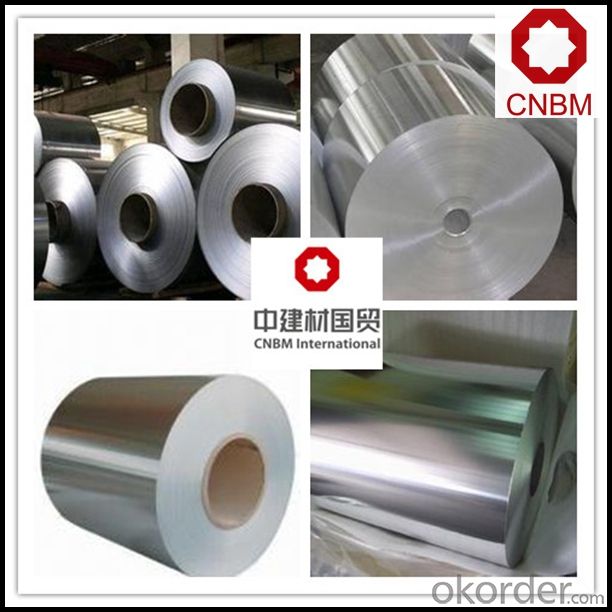
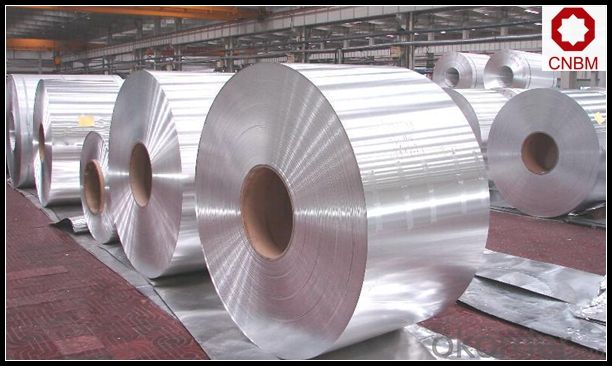
6. Package and shipping of 8011 Aluminium coils for HVAC duct system
eye to wall
eye to the wall
with wood pallet (wooded case also available)
7. FAQ
1) What is the delivery time?
Dpends on actual order, around 20 to 35 days
2)What is the QC system:
We have QC staff of 20 persons and advanced equipment, each production is with MTC traced from Aluminum ingot lot.
3) What market do you mainly sell to?
Australia, America, Asia, Middle East, Western Europe, Africa etc
- Q: Can aluminum coils be used for architectural applications?
- Yes, aluminum coils can be used for architectural applications. Aluminum is a versatile and lightweight material that is commonly used in construction due to its durability, corrosion resistance, and ease of installation. It can be formed into coils and used for various architectural elements such as roofing, cladding, facades, gutters, and window frames.
- Q: 0.6mm insulation aluminum coil price insulation aluminum coil where to buy the most assured?
- Best site inspection, and now more factories, quality uneven
- Q: What are the different thickness options for aluminum coils?
- Aluminum coils are available in a wide range of thickness options to cater to various industrial and commercial applications. The thickness of aluminum coils is typically measured in gauge or millimeters (mm). Common thickness options for aluminum coils include: 1. Thin Gauge: Thin gauge aluminum coils are usually between 0.15 mm to 0.4 mm thick. These coils are commonly used for applications that require lightweight and flexible materials, such as packaging, electrical wiring, and insulation. 2. Standard Gauge: Standard gauge aluminum coils range from 0.4 mm to 2.5 mm in thickness. These coils are widely used in industries like construction, automotive, and aerospace for applications such as roofing, cladding, heat exchangers, and structural components. 3. Thick Gauge: Thick gauge aluminum coils are typically above 2.5 mm in thickness. These coils are predominantly used in heavy-duty applications that require high strength, durability, and load-bearing capacity. Examples include shipbuilding, industrial machinery, and large-scale structural frameworks. It's important to note that the availability of specific thickness options may vary depending on the manufacturer and the intended application. Custom thicknesses can also be manufactured to meet specific project requirements.
- Q: What are the benefits of using aluminum coils?
- There are several benefits of using aluminum coils in various applications. Firstly, aluminum coils are lightweight, making them easier to handle and transport. This is particularly advantageous in industries such as automotive and aerospace, where weight reduction is crucial for fuel efficiency and overall performance. Additionally, the lightweight nature of aluminum coils allows for easier installation and maintenance. Secondly, aluminum has excellent corrosion resistance properties. Unlike other metals, aluminum does not rust or corrode easily when exposed to moisture or chemicals. This makes it an ideal choice for outdoor applications and environments with high humidity or harsh weather conditions. The corrosion resistance of aluminum coils ensures their longevity and durability, reducing maintenance and replacement costs. Another benefit of using aluminum coils is their high thermal conductivity. Aluminum is an excellent conductor of heat, allowing for efficient heat transfer in various heating and cooling systems. This property makes aluminum coils suitable for applications such as air conditioning, refrigeration, and heat exchangers. The high thermal conductivity of aluminum coils ensures better energy efficiency and improved performance of these systems. Furthermore, aluminum is a highly recyclable material. Using aluminum coils promotes sustainability and reduces environmental impact. Aluminum can be recycled repeatedly without losing its quality or properties, making it a cost-effective and eco-friendly choice. By using aluminum coils, businesses can contribute to the circular economy and minimize their carbon footprint. In summary, the benefits of using aluminum coils include their lightweight nature, corrosion resistance, high thermal conductivity, and recyclability. These advantages make aluminum coils a versatile and cost-effective solution for various industries, enhancing performance, efficiency, and sustainability.
- Q: Is it safe or advisable to use aluminum coil for wrapping food?
- <p>Using aluminum coil to wrap food is not recommended. Aluminum can react with acidic or alkaline foods, potentially leaching harmful aluminum particles into the food. It's also not designed for food contact and may not be safe at high temperatures. Instead, use food-grade aluminum foil, which is specifically designed for cooking and wrapping food, ensuring it doesn't come into contact with non-food surfaces that could contaminate it.</p>
- Q: Can aluminum coils be used in the production of electrical enclosures?
- Yes, aluminum coils can be used in the production of electrical enclosures. Aluminum is a popular choice for manufacturing electrical enclosures due to its excellent conductivity, lightweight nature, and corrosion resistance. The use of aluminum coils allows for the production of seamless and sturdy enclosures, ensuring efficient heat dissipation and protection for electrical components. Additionally, aluminum coils can be easily molded and formed into various shapes and sizes, providing flexibility in design. Overall, the use of aluminum coils in the production of electrical enclosures is a reliable and cost-effective solution.
- Q: Why do the layers loose when taking out coil after roll of aluminum 0.14?
- After rolling, the most possible reason may be poor deoiling effect. I think, for 0.14mm aluminum coil, the lining sleeve will not be forgotten. After rolling , oil ooze from aluminum layers, and the support of aluminum coil is not enough, leading to coil collapsing. The specific manifestations are that the edges of even round aluminum layers become like water ripple, and that the aluminum coils suddenly become uneven when taking out coil.
- Q: Can aluminum coils be used for roofing applications?
- Absolutely! Roofing applications can definitely make use of aluminum coils. Aluminum is widely preferred as a roofing material owing to its array of benefits. Its lightweight nature simplifies transportation and installation processes. Additionally, aluminum boasts exceptional durability and resistance against corrosion, guaranteeing an extended lifespan for the roof. Furthermore, it is an ideal choice for regions with high humidity or coastal areas, as it does not succumb to rust. Moreover, aluminum roofing proves to be energy-efficient as it effectively reflects sunlight and heat, thus reducing cooling expenses. All in all, thanks to their robustness, longevity, and energy efficiency, aluminum coils make an outstanding choice for roofing applications.
- Q: Is it possible to utilize aluminum coils in the manufacturing process of solar panels?
- <p>Yes, aluminum coils can be used in the production of solar panels. Aluminum is a common material used in solar panel frames due to its lightweight, high strength, and excellent heat dissipation properties. It also offers good resistance to corrosion, which is crucial for outdoor applications. Aluminum coils are often chosen for their ease of manufacturing and cost-effectiveness, making them a suitable choice for constructing the frame or support structure of solar panels.</p>
- Q: Are aluminum coils resistant to chemicals?
- Yes, aluminum coils are generally resistant to chemicals. Aluminum has a natural oxide layer that forms on its surface, which provides a protective barrier against many chemicals. This oxide layer helps to prevent corrosion and degradation of the aluminum coils when exposed to different substances. However, it is important to note that some chemicals can still have an adverse effect on aluminum, particularly strong acids or alkalis. In such cases, additional protective coatings or treatments may be necessary to enhance the chemical resistance of the aluminum coils.
Send your message to us
8011 Aluminium Coils for HVAC Duct System - Ac Outdoor Unit Aluminum Coil Price
- Loading Port:
- Shanghai
- Payment Terms:
- TT OR LC
- Min Order Qty:
- 5 m.t.
- Supply Capability:
- 10000 m.t./month
OKorder Service Pledge
OKorder Financial Service
Similar products
Hot products
Hot Searches
Related keywords
